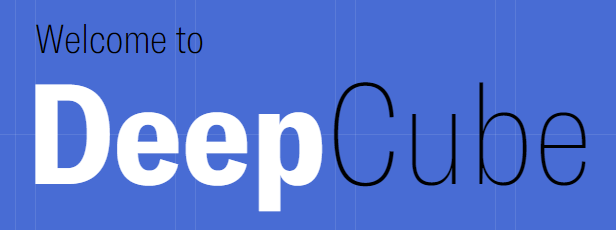
I tried to warn you, fellow puzzlers.
I wrote posts about computer programs that play chess, Scrabble, Go, Atari games, and Jeopardy! I wrote posts about programs that solve crosswords. I even wrote posts about robots that solve Rubik’s Cubes in a fraction of a second.
And they’re getting smarter.
Say hello to DeepCube, an AI program that is now the equal of any master Rubik’s Cube solver in the world at solving 3x3x3 cubes.

And unlike other AI programs that have learned to play games like chess and Go through reinforcement learning — determining if particular moves are bad or good — DeepCube taught itself to play by analyzing each move, comparing it to a completed cube, and reverse-engineering how to get to that move.
It’s labor-intensive, yes, but it also requires no human intervention and no previous information. Chess-playing programs like Deep Blue work by analyzing thousands of previously played games. But DeepCube had no previous history to build on.
It started from scratch. By itself.
And became a Rubik’s Cube master.
In only 44 hours.
Compare that to the 10,000 hours it supposedly takes for a human to become an expert in anything, and that’s a mind-blowing accomplishment.

[Image courtesy of YouTube.]
From the Gizmodo article on DeepCube:
The system discovered “a notable amount of Rubik’s Cube knowledge during its training process,” write the researchers, including a strategy used by advanced speedcubers, namely a technique in which the corner and edge cubelets are matched together before they’re placed into their correct location.
Yes, the program even independently recreated techniques designed by human speed-solvers to crack the cubes faster.
The next goal for the DeepCube program is to pit it against 4x4x4 cubes, which are obviously more complex. But supposedly, deposing human puzzle solvers as the top dogs on the planet isn’t the finish line.
No, this sort of three-dimensional puzzle-solving is only an intermediate goal, with the ultimate endgame of predicting protein shapes, analyzing DNA, building better robots, and other advanced projects.
But first, they’re coming for our puzzles.
Thanks for visiting PuzzleNation Blog today! Be sure to sign up for our newsletter to stay up-to-date on everything PuzzleNation!
You can also share your pictures with us on Instagram, friend us on Facebook, check us out on Twitter, Pinterest, and Tumblr, and explore the always-expanding library of PuzzleNation apps and games on our website!
